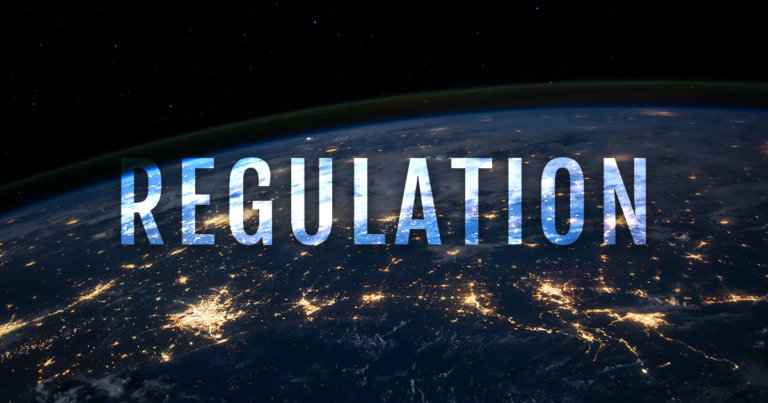 Global crypto regulation: What’s on the horizon?
Global crypto regulation: What’s on the horizon? Global crypto regulation: What’s on the horizon?
Without an international regulatory framework for the crypto industry, small and medium enterprises may be forced to leave the global market.
While an increasing number of governments intensified their efforts to develop a regulatory framework for the steamrolling industry, certain countries surfaced as safe havens for crypto service providers.
CryptoSlate talked to Adam Berker, Senior Legal Counsel at the global payment network Mercuryo, who dived deep into crypto regulation in 22 countries.
Inconsistency between jurisdictions
Berker divided the jurisdictions in three main categories, based on the level of regulatory scrutiny surrounding licensing requirements, customer onboarding procedures, reporting obligations, and other duties of crypto companies.
Jurisdictions that fall in the first and most crypto-friendly category, Berker describes as “business-oriented,” since they prefer to “ease the process of incorporation, obtainment of licenses, and ongoing operation so that crypto businesses would be more interested in them.”
“Control-oriented” jurisdictions are on the opposite side of the spectrum, imposing “strict requirements for the crypto entities” regarding licensing, corporate structure, minimum share capital, and KYC obligations.
Finally, there are also those “gray” and developing jurisdictions, lacking any specific crypto regulation, and, as Berker pointed out, “neither AML nor financial services’ laws formally apply to crypto in these countries.”
“Some countries, like Canada, Lithuania, create favourable conditions for crypto companies by establishing easy to follow incorporation and license obtainment rules, Customer Due Diligence requirements and low fees,” noted Berker, adding that at the same time “others introduce complex licensing procedures (the U.S.), KYC obligations (Liechtenstein, Australia, Switzerland) or high fees (UAE, offshore jurisdictions).”
After pointing out the high level of inconsistency between different countries, Berker continued explaining how at the present, “in most of the cases crypto service providers may obtain only one license from any preferred jurisdiction and operate worldwide (except for certain countries, such as the U.S.).”
“Still, the most recent changes show that more and more countries will force crypto companies to obtain local licenses in every state of operation,” he added, noting that “only big market players have enough resources to get licenses in every regulated country.”
As a consequence, small and medium enterprises will be forced to leave the global market, according to Berker.
International legal framework is possible
He believes that a unifying agreement between countries would make it easier for regulated companies to enter new markets.
“With an international agreement it will be possible to unify licensing requirements, create a single register of accredited crypto companies and, as a consequence, member states will mutually recognize their licenses,” he explained.
“The EU already has an established passporting system for financial institutions, which enables companies authorized in any EU or EEA state to conduct their activity freely in any other state with minimal additional authorization. Basic principles of this system may be used for crypto licensing too,” clarified Berker, commenting that an international legal framework is possible, especially in the EU.
“It is interesting that Cyprus is one of the first EU countries that introduced an analog of the region’s passporting system for crypto companies,” he pointed out, explaining that a foreign licensed crypto service provider only needs to file a notice to the local authority, CySEC, to be entered in the corresponding registry and conduct business in the country.
Crypto regulation in the US
The US is also moving towards unified regulation, added Berker, noting that currently, 29 states have entered into a Multistate Money Services Business licensing Agreement.
“With this agreement crypto companies that are obliged to obtain the Money Transmitter license may file one application to one of the member states and then it will also be reviewed by other states,” he clarified.
The regulatory puzzle will soon also affect the DeFi sector.
“The US Securities and Exchange Commission (SEC) has already started this process with investigating the activity of Uniswap,” noted Berker, adding that many decentralized projects have already started preparing for the regulatory crackdown.
Berker predicts that those wanting to continue providing services to the US users, will likely “cooperate with local CEXes or other regulated market players and operate under their licenses.”




























































